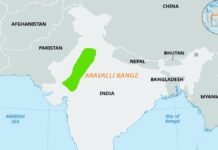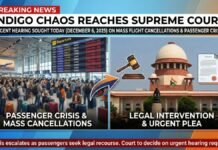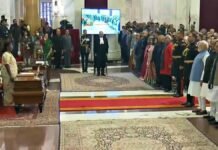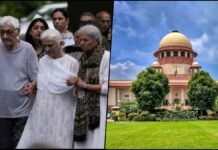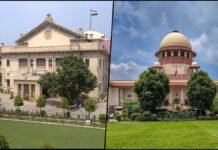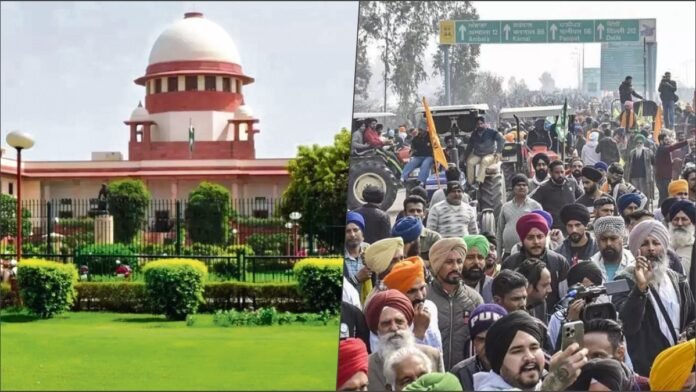
New Delhi: In a significant development, the Supreme Court of India on Monday established a high-powered committee to mediate and resolve the ongoing farmers’ agitation at the Shambhu border, a key crossing between Punjab and Haryana. The move comes in response to the persistent blockade that has disrupted the daily lives of commuters and intensified tensions in the region.
A bench comprising Justices Surya Kant and Ujjal Bhuyan directed the formation of this committee, emphasizing the need for a swift and amicable resolution. The committee is tasked with identifying the core issues raised by the farmers and formulating actionable solutions to address their concerns.
The panel will be led by retired Justice Nawab Singh of the Punjab and Haryana High Court. It includes notable figures such as BS Sandhu, a retired Director General of Police from Haryana, and Davinder Sharma. Representing Punjab on the committee are Ranjit Singh Ghumman and Sukhpal Singh. In addition, the bench has invited Professor B.R. Kamboj, Vice Chancellor of Chaudhary Charan Singh Haryana Agricultural University, as a special invitee to provide expert agricultural insights.
One of the committee’s primary objectives is to engage directly with the protesting farmers, urging them to remove their tractors, trolleys, and other blockade materials from the Shambhu border. This action is intended to ease the significant inconvenience faced by commuters who rely on this critical route. The Supreme Court has mandated that the committee hold its first meeting within a week to expedite the resolution process.
The bench also issued a caution to the farmers, advising them to remain independent of political influence and to refrain from making demands that are impractical or impossible to meet. The court emphasized that the farmers’ issues should be addressed in a phased and depoliticized manner. The court further noted that farmers have the liberty to continue their peaceful protests but suggested they consider relocating to alternative sites to minimize disruption.
This intervention by the Supreme Court comes after the Haryana government filed a plea challenging a high court order that directed the state to remove barricades at the Shambhu border within a week. The barricades were initially erected in February when the ‘Samyukta Kisan Morcha’ (Non-Political) and ‘Kisan Mazdoor Morcha’ announced plans to march to Delhi, demanding, among other things, a legal guarantee of the minimum support price (MSP) for their crops.
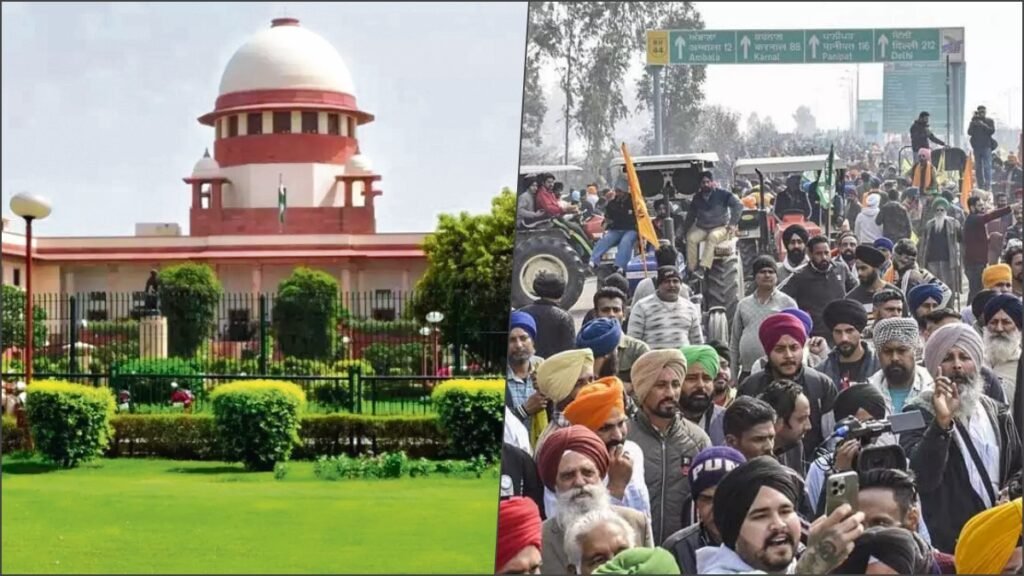
The court’s decision reflects its commitment to balancing the right to protest with the need to maintain public order and ensure the smooth functioning of essential services, including transportation along the Ambala-New Delhi national highway. The coming days will be crucial as the newly formed committee works to bridge the gap between the agitating farmers and the government, seeking a resolution that respects the farmers’ demands while alleviating the impact on the general public.















